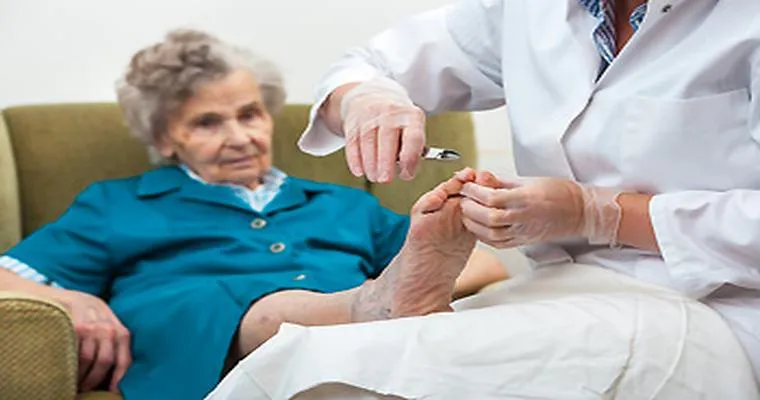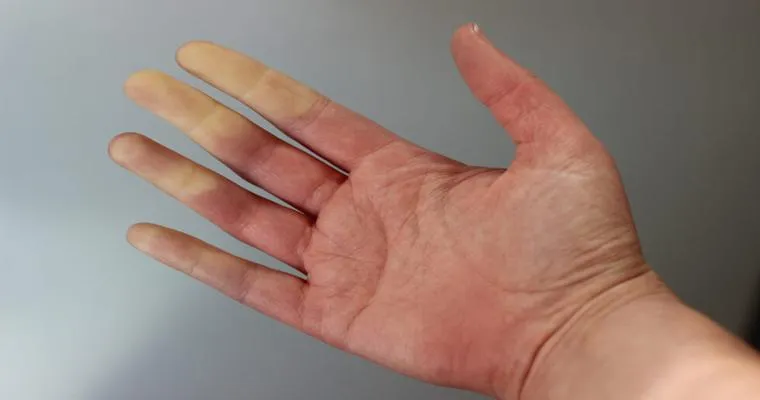As seniors age, they often experience various health issues, one of which is "foot pain". This discomfort can stem from a variety of causes such as arthritis, neuropathy, or simply the wear and tear of aging. As a caregiver, it is essential to understand effective "remedies for senior foot pain" to improve the quality of life for the elderly. In this article, we will explore several practical and compassionate strategies to alleviate foot pain in seniors.
Understanding the Causes of Foot Pain in Seniors
Before addressing remedies, it's important to recognize the common causes of foot pain among the elderly. Conditions like "diabetic neuropathy", "plantar fasciitis", and "bunions" can lead to significant discomfort. Aging can also result in decreased flexibility and strength, leading to poor foot alignment and pain. Understanding these factors can help caregivers tailor their approach to each individual's needs.
Practical Remedies for Senior Foot Pain
1. "Comfortable Footwear": One of the simplest yet most effective remedies for senior foot pain is ensuring that seniors wear "proper footwear". Shoes should provide adequate support and cushioning. Look for shoes with a wide toe box to avoid crowding and pressure on the toes.
2. "Regular Foot Soaks": Warm foot soaks can provide immediate relief for sore feet. Soaking the feet in warm water with Epsom salt can help reduce inflammation and relax tight muscles. This is a soothing remedy that caregivers can easily administer.
3. "Gentle Foot Massage": A gentle foot massage can improve circulation and relieve tension. Caregivers can use a moisturizing lotion or oil to enhance the experience. Focusing on the arches and heels can be particularly beneficial for seniors suffering from pain.
4. "Stretching Exercises": Incorporating light stretching exercises into a daily routine can help maintain flexibility and strength in the feet. Simple exercises, such as toe curls or ankle rotations, can be performed while seated or standing with support.
5. "Cold and Heat Therapy": Applying a cold compress can reduce swelling, while a warm compress can soothe aching muscles. Caregivers should assess which method provides the most relief for the individual and alternate as needed.
6. "Over-the-Counter Pain Relievers": Non-prescription medications such as ibuprofen or acetaminophen can be effective for managing pain. However, caregivers should always consult with a healthcare professional before administering any medication to ensure safety and appropriateness.
7. "Foot Care Routine": Establishing a regular foot care routine is crucial. This includes checking for blisters, calluses, or any signs of infection. Keeping the feet clean and moisturized can prevent many common foot issues that lead to pain.
8. "Consulting a Specialist": If foot pain persists, it may be necessary to consult a podiatrist or physical therapist. These specialists can provide tailored treatments and recommend specific exercises or orthotics that can alleviate discomfort.
Conclusion
Addressing "senior foot pain" requires a multifaceted approach that combines proper footwear, soothing therapies, and regular care. By implementing these "caregiver remedies", you can significantly enhance the comfort and overall well-being of the seniors in your care. Remember that each individual is unique, and what works for one person may not work for another. Always listen to the needs of those you care for and make adjustments as necessary to ensure their comfort and health.





